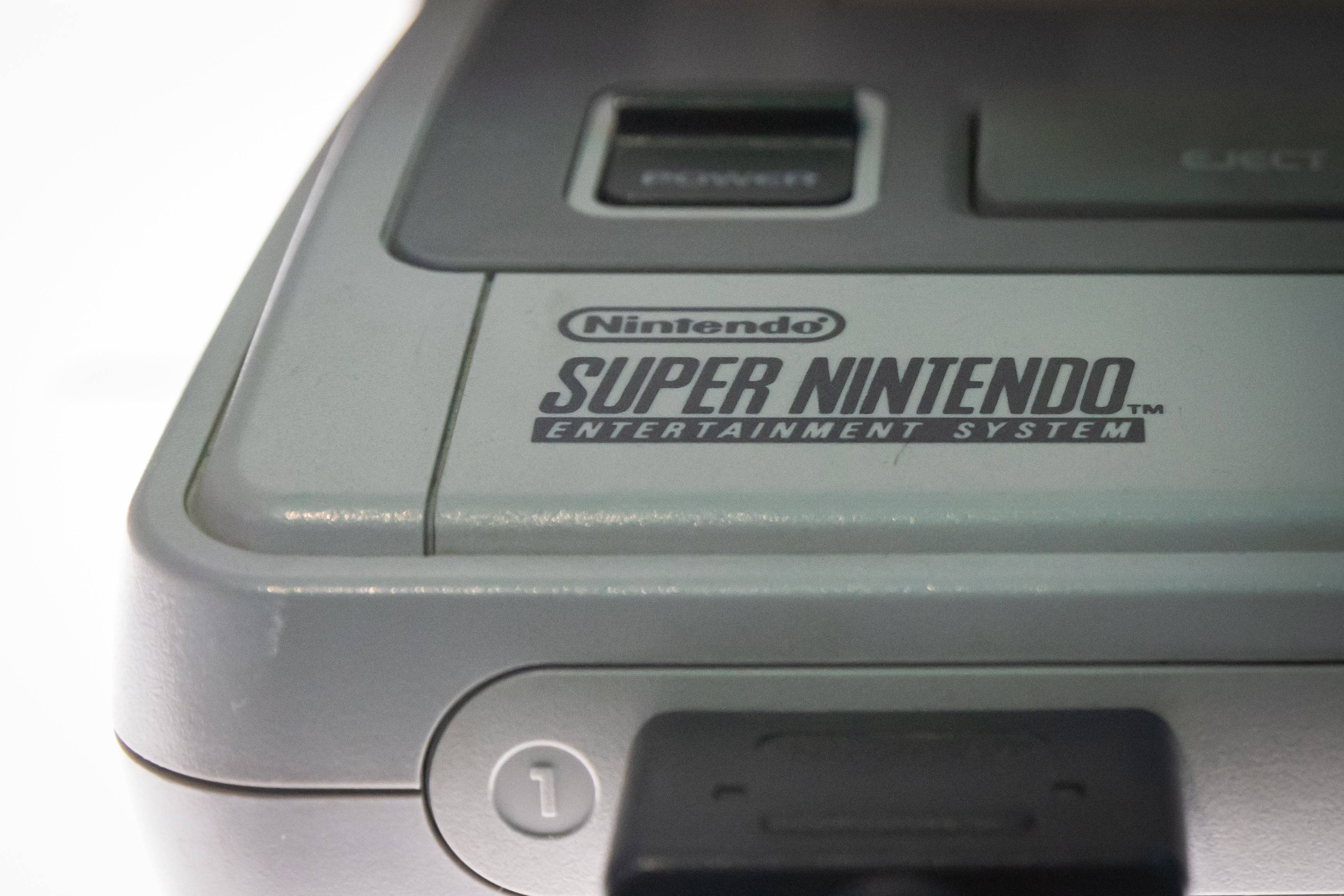Speedrunners Left Scratching Their Heads After New Discovery Suggests the SNES Works Faster as It Ages
The speedrunning community is buzzing with excitement and curiosity over a surprising technological phenomenon: the Super Nintendo Entertainment System (SNES) seems to be running games faster as it ages. In early February, Alan Cecil, known on Bluesky as @tas.bot, sparked widespread interest by sharing observations that the SNES, with nearly 50 million units sold, appears to perform better now than when it was first released in the 1990s. This intriguing development suggests that classics like Super Mario World, Super Metroid, and Star Fox might now run more efficiently on these aging consoles.
The notion of a gaming console improving its performance over time might sound far-fetched, yet Cecil's research points to a specific component that could be responsible for this unusual behavior.
The Fastest Thing Alive
In an interview with 404 Media, Cecil explained that the SNES's audio processing unit (APU) SPC700 is supposed to have a digital signal processing (DSP) rate of 32,000Hz, driven by a ceramic resonator running at 24.576MHz according to Nintendo's official specs. However, enthusiasts have long noted discrepancies, with the DSP rate varying based on environmental conditions like temperature. This variation affects how audio is processed and sent to the CPU, subtly altering game speeds.

What's truly fascinating is the trend observed over the past 34 years. After asking SNES owners to record data, Cecil gathered over 140 responses, revealing an increase in DSP rates. Where the average was around 32,040Hz in 2007, it's now risen to 32,076Hz. While temperature fluctuations do influence these rates, they don't account for the significant increase observed. It seems the SNES is processing audio faster as time progresses.
In a follow-up Bluesky post, Cecil shared a layout of the data, stating, "Based on 143 responses, the SNES DSP rate averages 32,076Hz, rising 8Hz from cold to warm. Warm DSP rates go from 31,965 to 32,182Hz, a 217Hz range. Therefore, temperature is less significant. Why? How does it affect games? We do not know. Yet."
Any%
While this phenomenon is captivating, Cecil emphasizes the need for further research to understand how much faster the SNES is processing game audio and to pinpoint the cause. Historical data from the console's early years is scarce, but it's clear that as the SNES approaches its 35th birthday, it's aging gracefully.
The speedrunning community is abuzz with the potential implications of these findings. An SPC700 processing audio more quickly could theoretically shorten load times in certain game sections, potentially disrupting over three decades of speedrun records. However, the impact on game speed isn't a straightforward one-to-one translation. Even under the most extreme conditions, these changes might only reduce a speedrun's time by less than a second. The effect on different games remains uncertain, and longer speedruns might be less affected.
Nintendo Consoles
As Cecil continues to delve into the mysteries of the SNES, the console seems to be thriving in its 30s. For more insights into its legacy, you can explore where the SNES stands on the list of best-selling consoles of all time.
-
 Feb 20,25Where to Preorder the Samsung Galaxy S25 and S25 Ultra Smartphones Samsung's Galaxy S25 Series: A Deep Dive into the 2025 Lineup Samsung unveiled its highly anticipated Galaxy S25 series at this year's Unpacked event. The lineup features three models: the Galaxy S25, S25+, and S25 Ultra. Preorders are open now, with shipping commencing February 7th. Samsung's web
Feb 20,25Where to Preorder the Samsung Galaxy S25 and S25 Ultra Smartphones Samsung's Galaxy S25 Series: A Deep Dive into the 2025 Lineup Samsung unveiled its highly anticipated Galaxy S25 series at this year's Unpacked event. The lineup features three models: the Galaxy S25, S25+, and S25 Ultra. Preorders are open now, with shipping commencing February 7th. Samsung's web -
 Jan 27,25Roblox: Bike Obby Codes (January 2025) Bike Obby: Unlock Awesome Rewards with These Roblox Codes! Bike Obby, the Roblox cycling obstacle course, lets you earn in-game currency to upgrade your bike, buy boosters, and customize your ride. Mastering the various tracks requires a top-tier bike, and thankfully, these Bike Obby codes deliver
Jan 27,25Roblox: Bike Obby Codes (January 2025) Bike Obby: Unlock Awesome Rewards with These Roblox Codes! Bike Obby, the Roblox cycling obstacle course, lets you earn in-game currency to upgrade your bike, buy boosters, and customize your ride. Mastering the various tracks requires a top-tier bike, and thankfully, these Bike Obby codes deliver -
 Mar 04,25The Godfeather swoops onto iOS, pre-registration open now! The Godfeather: A Pigeon-Fueled Mafia War Arrives on iOS August 15th! Pre-register now for The Godfeather: A Mafia Pigeon Saga, a roguelike puzzle-action game launching on iOS August 15th! Evade the Pidge Patrol, unleash your avian arsenal (ahem, droppings), and reclaim the neighborhood from both h
Mar 04,25The Godfeather swoops onto iOS, pre-registration open now! The Godfeather: A Pigeon-Fueled Mafia War Arrives on iOS August 15th! Pre-register now for The Godfeather: A Mafia Pigeon Saga, a roguelike puzzle-action game launching on iOS August 15th! Evade the Pidge Patrol, unleash your avian arsenal (ahem, droppings), and reclaim the neighborhood from both h -
 Jan 11,25Jujutsu Kaisen Phantom Parade: Tier List Revealed This Jujutsu Kaisen Phantom Parade tier list helps free-to-play players prioritize character acquisition. Note that this ranking is subject to change with game updates. Tier List: Tier Characters S Satoru Gojo (The Strongest), Nobara Kugisaki (Girl of Steel), Yuta Okkotsu (Lend Me Your Stren
Jan 11,25Jujutsu Kaisen Phantom Parade: Tier List Revealed This Jujutsu Kaisen Phantom Parade tier list helps free-to-play players prioritize character acquisition. Note that this ranking is subject to change with game updates. Tier List: Tier Characters S Satoru Gojo (The Strongest), Nobara Kugisaki (Girl of Steel), Yuta Okkotsu (Lend Me Your Stren
